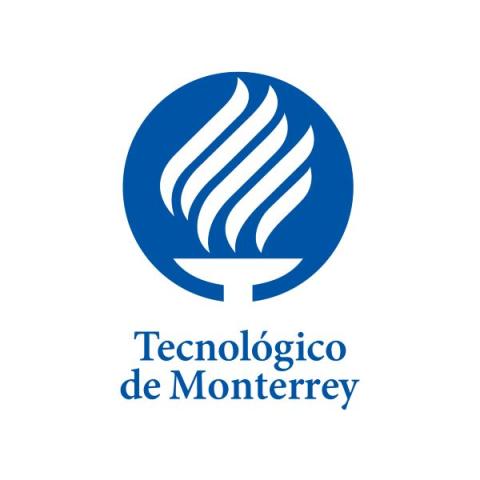
Discover the nine competencies required to become a researcher
When studying education, researchers often face the challenge of trying to figure out what, how and when to research, often believing that if a researcher is not an expert in a specific area, they are unable to carry out research on it. However, certain core competencies can help you effectively research any topic related to your teaching practice, as well as incorporate technological and/or pedagogical trends.
- How to be proactive when amplifying research papers
- Don’t worry about journal acceptance rates – and here’s why
- Streamline your research using academic search engines
Several models outline the basic knowledge and competencies that a professional (in this case, a teacher) must have in order to carry out research, including the LART model suggested by Luis Arturo Rivas-Tovar, which lists the key competencies as:
- The ability to state a research problem: start from what is known and move to what is desired to be known.
- Know how to elaborate a contextual framework: analyse how the stated problem occurs within a whole and in the context you want to research.
- Examine the state of the art: review what is already known about the defined problem in the literature in order to aid the search for new knowledge. Each part of the problem must be studied separately.
- Prepare and validate data collection instruments: while considering the objective of the study, define the type of research best suited to it, the instrument(s) to be used, and the individuals who will validate and answer them.
- Build a research model: once you have visualised the problem or event to be researched, establish the process you will follow to analyse it and achieve the study objectives.
- Know how to analyse the data obtained: recognise that different techniques are available to process the results, which are linked to the type of research and the scale used in the data collection instruments.
- Know how to write scientific articles: any professional researcher must learn the citation styles: MLA (for literature), CBE (for basic sciences) and APA (for social sciences). Write briefly and concisely and use the IMRaD structure (introduction, method, results and discussion) to present your work.
- Present your results at a conference: this ability means the new knowledge will be communicated and, most likely, doors will be opened to exchange experiences with other researchers – in this case, teachers from different disciplines and educational institutions.
- Master a second language: English is the universal language, so it is necessary to learn it to be able to communicate in international journals or at conferences.
These nine skills can help guide professionals interested in researching teaching, although they can also, of course, be applied to almost any field. Even if you do not have a particularly scientific profile, they can help instigate a critical view of any topic or event, even one already defined or being tested.
Indeed, as educational engineers, we often analyse educational models to help gauge the impact of pedagogical innovations.
But for what purpose? To answer, here are three key reasons that can apply to any research:
- To gain in-depth knowledge of a topic, event or situation and visualise the place each of its components occupies.
- To communicate the knowledge obtained to the people involved to help them grasp the scope of their participation in the field studied.
- To help make decisions that favour or produce changes in the object/subject of research.
These three purposes, I think, show the usefulness of the nine competencies. They can help us detect strengths as well as opportunities for improvement – and provide the information needed to adjust or optimise.
Finally, the central argument for mastering these nine competencies is that it demonstrates the commitment and passion that any person, whether they are a researcher or not, must put into a field they want to know better. Only through displaying the correct level of rigour can we prepare to find and then solve those aspects of education (or any other field) that remain to be discovered.
Cynthia López is an educational engineer at Tecnológico de Monterrey, Mexico.
If you found this interesting and want advice and insight from academics and university staff delivered direct to your inbox each week, sign up for the THE Campus newsletter.




